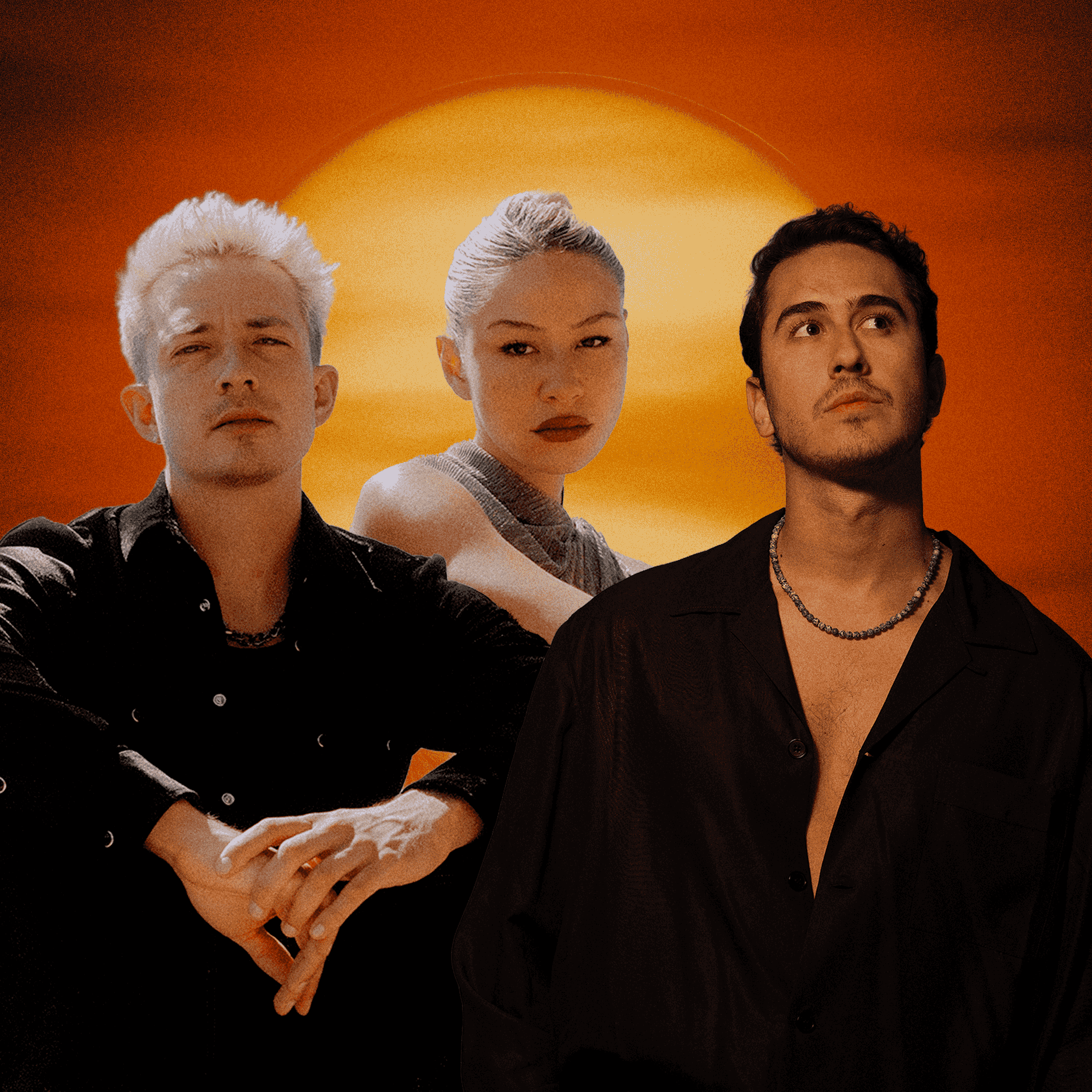AR/CO’s music has been hiding in plain sight for years. The British-Australian duo of Mali-Koa and Leo Stannard have written and performed on tracks with Fisher, Rudimental, Kx5, Tiesto, and Marshmello that have racked up 280+ million streams. Their vocals are woven through songs sitting in playlists worldwide. When “Fire Fire” hit number 1 on […]






